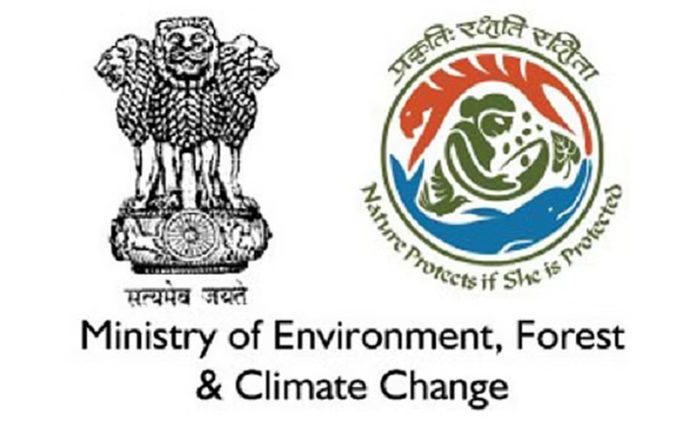The Ministry of Environment, Forestry, and Climate Change (MoEFCC) has taken a pivotal stride in its commitment to preserving the pristine natural splendour of the Jammu and Kashmir region by proactively urging the J&K government to formulate an all-encompassing tourism master plan with a paramount emphasis on environmental conservation. In a recently disseminated notification, the MoEFCC has elucidated a set of imperative measures strategically devised to safeguard the delicate ecosystems and habitats endemic to J&K. The deleterious consequences of indiscriminate development in tourist destinations have wreaked havoc on the environment and ecology of these pristine locales. Many of these tourist destinations also serve as sanctuaries for wildlife, rendering them particularly susceptible to the detrimental impacts of unplanned urbanization. The imperative demand for Zonal and Tourism Master Plans, as proffered by the MoEFCC, is unmistakable. In practical terms, numerous tourist cities are devoid of even city master plans, and as a result, the prospect of orderly and sustainable development remains unattainable. The issue becomes further convoluted by the vexing entanglement of conflicting land claims involving state land, civil land, forest land, and territories designated as wildlife sanctuaries. This longstanding quagmire remains unresolved, perpetuating the status quo of disorderly development.
The wisdom of the MoEFCC’s guidance is manifest, as the repercussions of unregulated development have wreaked havoc in states such as Himachal Pradesh and Uttarakhand, where the intricate and fragile ecology of mountainous regions is perennially at risk. Sustained tampering and negligence yield unimaginable consequences, underscoring the criticality of the ministry’s intervention. Jammu and Kashmir, in particular, has borne witness to the degradation of its once-vibrant forests and the contamination of its pristine water bodies. The paucity of sewage treatment facilities and effective solid waste management compounds the ecological concerns. Local development authorities, constrained by limited financial resources, find themselves ill-equipped to furnish sustainable solutions for waste management, thus leading to the unsightly practice of waste disposal along the slopes of hills and, by extension, the pollution of water bodies.
In light of these predicaments, the MoEFCC’s prudent recommendation for Zonal and Tourism Master Plans is a commendable endeavour, poised to address these challenges and usher in a new era of tourism development characterised by responsibility and sustainability. It is essential to strike an equitable balance between the economic dividends reaped from tourism and the paramount need to preserve the natural beauty and ecological sanctity of these regions, especially those of ecological fragility. There is an urgent need for a comprehensive and meticulously orchestrated approach to addressing these issues in an efficacious manner.
The directives set forth by the MoEFCC encompass a wide spectrum of considerations, ranging from the granting of hotel permits to the regulation of promotional activities within these locales. In practical terms, it is imperative to orchestrate the synchronisation of disparate departments to translate these directives into tangible on-ground realities, but the tourism department is the prime department, with development authorities working under it. The pivotal facet is meticulous execution at the grassroots level, where well-defined roles and responsibilities need to be rigorously adhered to and transgressions ought to be addressed with the utmost severity.
Indeed, myriad ecologically sustainable methodologies exist for the construction and maintenance of these tourist destinations. The wisdom lies in avoiding the influx of tourists that would inadvertently contribute to environmental devastation through the construction of hotels, resorts, and roads, culminating in extensive deforestation without any planning. The imperative is to delineate the parameters for advancement without exacting a toll in the form of ecological degradation. Nature sooner or later reclaims within days what humans encroach on in decades. By creating comprehensive master plans, setting construction restrictions, and promoting responsible tourism practices, the ministry aims to strike a balance between tourism development and the preservation of the region’s natural beauty and ecological diversity.


